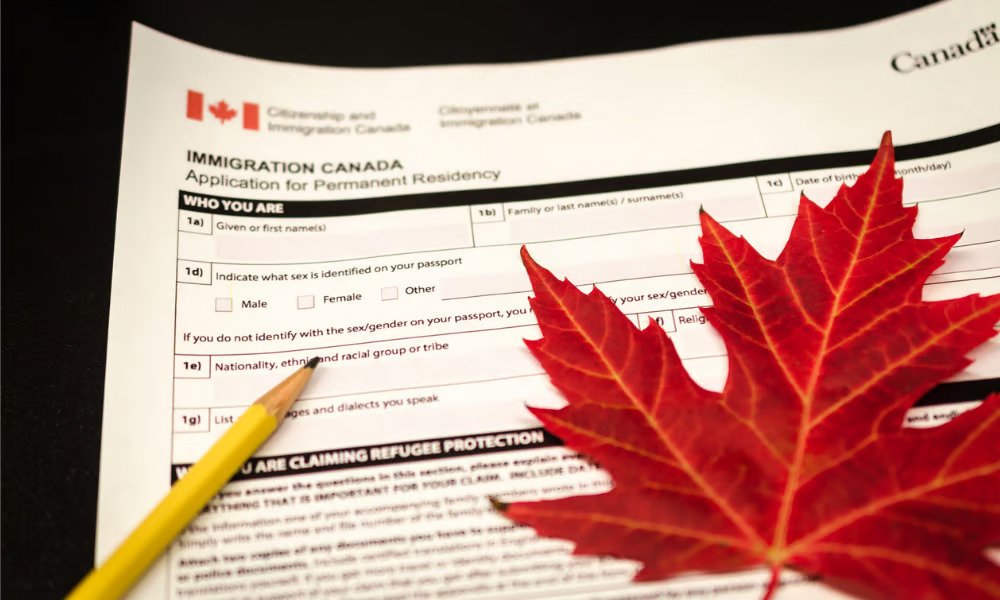Mahin Shahriar, 28, asylum seeker, entered the U.S. on May 12 after a friend offered temporary shelter. He felt depressed. The friend guided him via GPS to a rural road near Montréal, which unexpectedly placed him on U.S. soil. He said, “It was not my intention.”
After realizing his mistake, Shahriar asked U.S. border officials for help to return to Canada. Instead, they detained him in Buffalo.
Legal Status and Canada’s Position
Shahriar lived in Canada since 2019 and filed a refugee claim. Authorities rejected it, and a removal order followed.
The CBSA states he “left Canada of his own accord” and sees no obligation to admit him.
His lawyer insists the Safe Third Country Agreement requires Canada to repatriate him. He entered the U.S. less than 14 days ago and has close family with legal status in Canada.
Humanitarian and Family Hardships
Shahriar’s mother is a Canadian permanent resident, and his sister studies full-time. Driving Uber, he financially supported them.
Lawyers warn returning him to Bangladesh could risk detention or torture. ICE recognizes this danger. His family faces stress, uncertainty, and financial hardship due to his detention.
Broader Implications for Canadian Border Policy
This case highlights tensions between Canada’s immigration system and U.S. border agreements.
If Canada denies readmission, it may face legal challenges or international criticism. It also raises concerns about how Canada treats former claimants who unintentionally leave the country.











